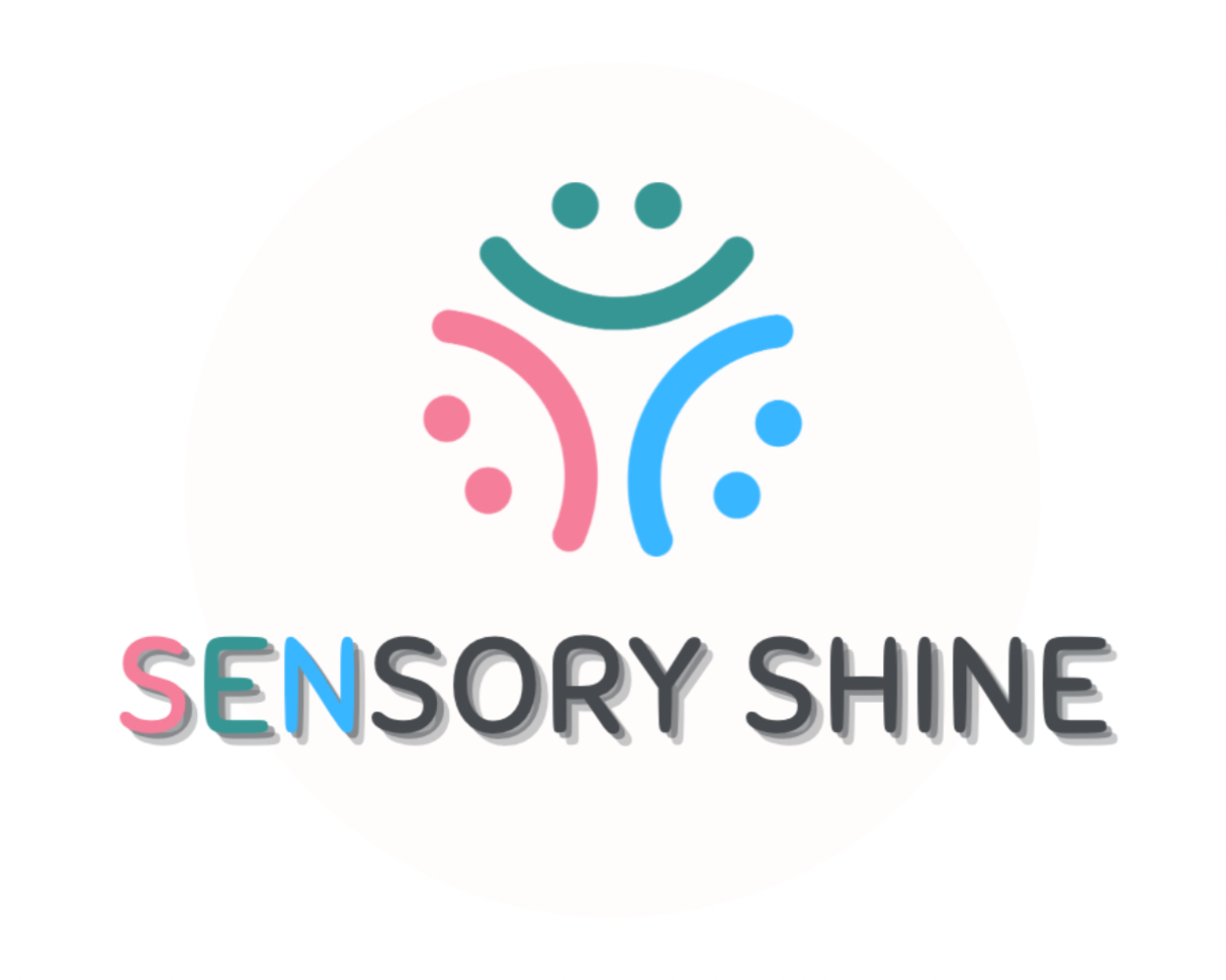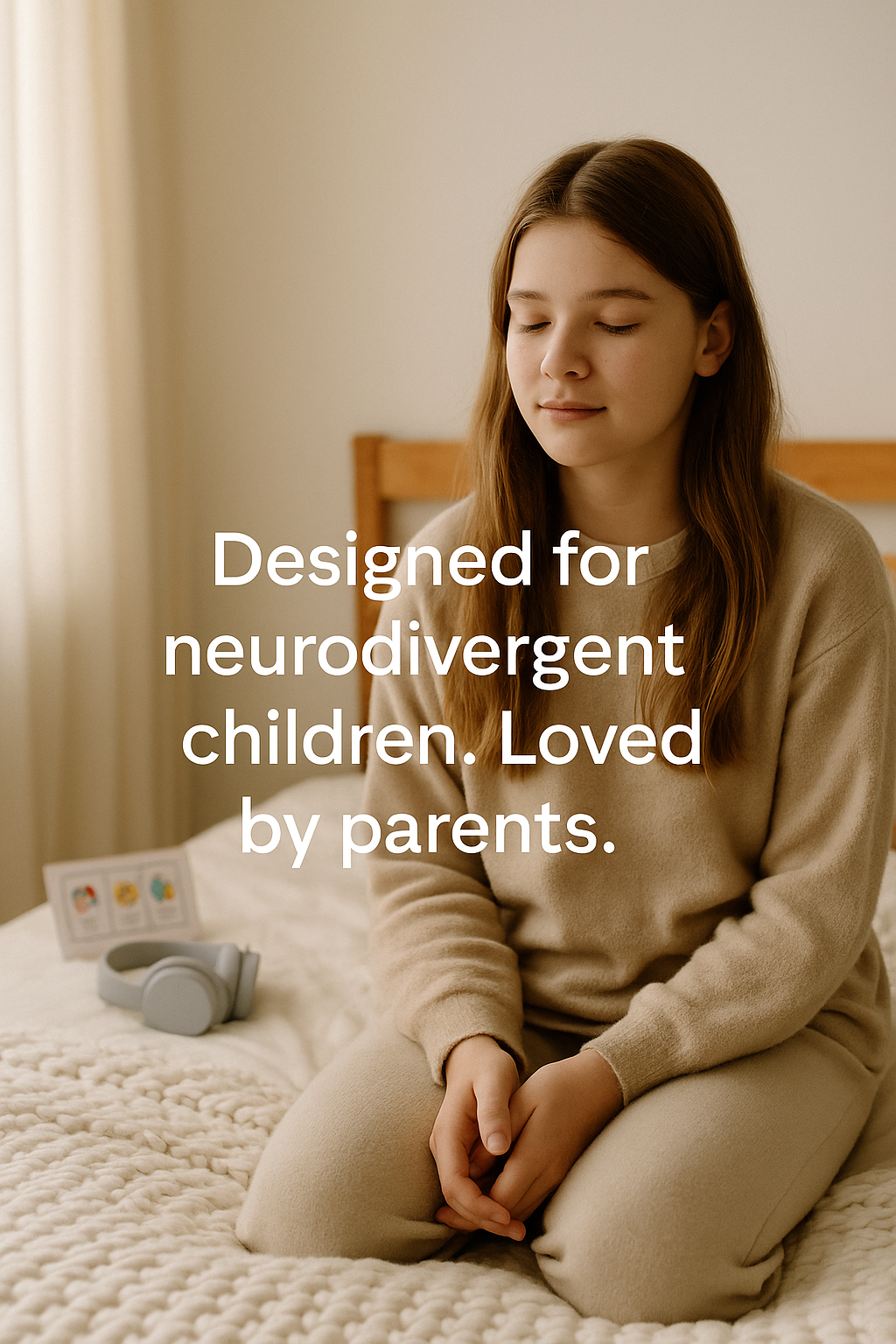Introduction:
You're not just managing routines. You're managing meltdowns, medical appointments, specialist reports, school meetings, dietary needs, sensory triggers - all while trying to hold your family together.
This is the hidden load of parenting a neurodivergent child. It's the exhaustion that goes beyond tired. The mental to-do list that never ends. The constant advocacy, guilt, and emotional whiplash.
At Sensory Shine, we get it - because we live it too. In this blog, we're unpacking the invisible weight so many parents carry, why it's not your fault, and how even small changes can make a huge difference.
What Is the Hidden Load and Why Don't More People See It?
Most people see what happens on the outside: your child refusing to brush their teeth, the meltdown in the supermarket, the lateness to school.
But they don't see:
The emotional scripting and prep you did the night before
The four toothbrushes you tried before they could tolerate one
The hours of research into what might help them this time
The worry at 2 a.m. wondering if you're doing enough
This is emotional labour, a form of work that's unpaid, unseen, and often unsupported. And for parents of autistic, ADHD, or PDA children, it's constant.
Why Neurodivergent Parenting Is Especially Heavy
Neurodivergence doesn't come with a manual and many parents feel completely unprepared. You may be:
Grieving the parenting experience you expected, while learning to embrace a different one
Facing judgement from family, strangers, even schools
Feeling isolated, misunderstood, and overwhelmed by how different your day-to-day reality looks
And often, you're doing all this while masking your own stress, so your child feels safe.
You deserve tools that reduce the mental load - not add to it.
How to Lighten the Load - Starting Today
Here's what we've learned (the hard way), and what we now share with our community:
🧠 1. Shift from Perfection to Progress
You don't need the "perfect" routine. What matters is finding small wins that work for your family - whether that's brushing teeth together, or skipping a bath on meltdown days. It's OK.
🧸 2. Use Tools That Work With Your Child's Needs
Many products out there aren't made with sensory sensitivities in mind. That's why we created our U-shaped toothbrushes - they reduce resistance, feel better, and make the job easier for both of you.
Our Starter Packs and Bundles were made to remove guesswork - so you don't have to keep buying things that don't help.
📋 3. Create Micro-Routines
Simple, visual routines reduce the need for verbal instructions (which can feel like demands) and give children structure that lowers anxiety.
💬 4. Find a Community That Gets It
Surround yourself with people who understand - even if it's just online. You're not meant to carry this alone. Our Instagram is filled with tips, support, and other parents walking the same road.
Why We Do This - And Why You Can Trust Us
We're Vicky and Freya, two mums, one shared mission: to help neurodivergent children thrive without causing daily burnout for their families.
Sensory Shine was born when we couldn't find the right tools to support our own children. We didn't want more cheap gadgets or noisy toys, we wanted sensory-friendly, family-proof, actually-helpful tools that made routines easier, not harder.
Our products are rooted in lived experience, backed by neurodiversity expertise, and supported by a warm, real community of parents just like you.
Final Words: You're Doing So Much Better Than You Think
If no one has said it to you today: you are doing an amazing job. You are your child's safe space, fiercest advocate, and most powerful support. And you deserve support too.
If your mornings feel like chaos, your routines feel like battles, or your brain just needs a break, we're here. With real tools. Real talk. And real understanding.
Explore our collection, or grab 15% off your first order and start lightening the load, one sense at a time. Click HERE
🧡 Vicky & Freya - Sensory Shine
Nurturing confidence one sense at a time
📋 FAQ Section
Q: What is the hidden load of parenting a neurodivergent child?
A: The hidden load includes emotional, mental, and practical challenges parents face, such as constant advocacy, managing routines, and finding suitable resources.
Q: How can I manage the emotional load?
A: Joining support groups, accessing respite care, and prioritising self-care can help lighten the emotional burden.
Q: Where can I find practical tools to help?
A: Sensory Shine offers a range of supportive products that can ease daily routines and reduce stress for both children and parents.




Leave a comment
This site is protected by hCaptcha and the hCaptcha Privacy Policy and Terms of Service apply.